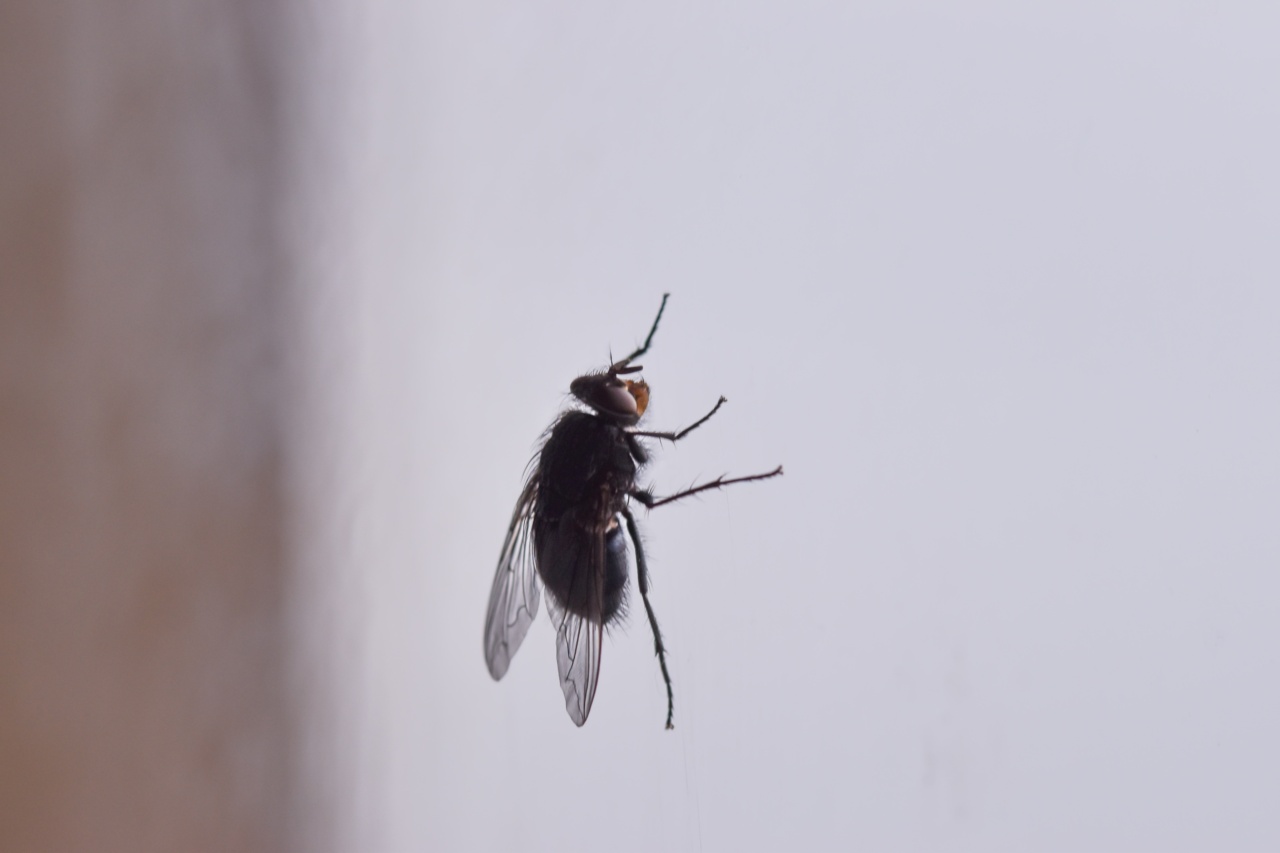Having insects invade your home can be a frustrating and unpleasant experience. Not only do they pose a health risk, but their presence can also be disruptive and even damaging to your property.
However, there are several measures you can take to keep your home pest-free and enjoy a peaceful living environment. In this article, we will discuss valuable tips to avoid an insect invasion and maintain a pest-free home.
1. Seal Off Entry Points
The first line of defense against insects is to seal off any potential entry points. Inspect your windows, doors, and walls for gaps or cracks that bugs can utilize to enter your home.
Seal these openings with caulk or weatherstripping to prevent insects from finding their way inside. Pay particular attention to areas where pipes or cables enter your home, as these are often entry points for pests like ants or cockroaches.
2. Keep Your Home Clean and Clutter-Free
Insects are attracted to food sources and clutter. To deter them from entering your home, it’s crucial to maintain a clean and clutter-free environment.
Clean up spills right away, store food in airtight containers, and regularly dispose of garbage in sealed containers. Additionally, decluttering your living space will eliminate potential hiding spots for pests and make it easier to detect an infestation early on.
3. Properly Store Firewood
If you use firewood for heating or a cozy fireplace, ensure you store it properly. Keep firewood at least 20 feet away from your home, as it can attract termites, ants, and other wood-boring insects.
Additionally, elevate the wood off the ground and cover it with a tarp to protect it from moisture and discourage insects from making it their home.
4. Address Moisture Issues
Insects, such as silverfish and centipedes, are often drawn to moist environments. Check your home for any sources of excess moisture, such as leaky pipes, clogged gutters, or improper drainage.
Fixing these issues will not only help deter insects but also prevent potential water damage to your property.
5. Maintain Landscaping
The landscaping around your home can either attract or repel insects. Trim bushes and trees away from your house to prevent easy access for pests.
Additionally, regularly mow your lawn, rake leaves, and remove any standing water to eliminate breeding grounds for mosquitoes and other insects.
6. Install Window Screens
Installing window screens adds an extra layer of protection against insects. Properly fitting window screens allow fresh air to enter your home while keeping bugs out.
Make sure to repair any tears or holes in existing screens to maintain their effectiveness.
7. Store Food Properly
Food left out in the open is a major attraction for insects, especially ants and pantry pests. Store your food in airtight containers to prevent access and discourage bugs from infesting your pantry.
Regularly check for expiration dates and remove any expired or spoiled items.
8. Implement Effective Waste Management
Insects are always on the lookout for easily accessible food sources, and trash cans can be a gold mine for them. Use trash cans with tight-fitting lids and consider investing in a trash compactor to minimize odors and discourage pests.
Additionally, regularly clean your garbage cans to prevent residual food particles from attracting insects.
9. Use Natural Repellents
If you prefer to use natural methods to keep insects away, there are several repellents you can use. For example, peppermint oil, vinegar, and lemon juice are known to repel various pests.
Spraying these substances around entry points or areas prone to infestations can help deter insects without the use of harsh chemicals.
10. Consider Professional Pest Control
If you’ve followed all the preventive measures and still find yourself dealing with an insect invasion, it may be time to seek professional help.
Pest control professionals have the knowledge and tools to effectively eradicate pests and prevent future infestations. They can identify the source of the problem and implement targeted solutions to keep your home pest-free in the long term.





























